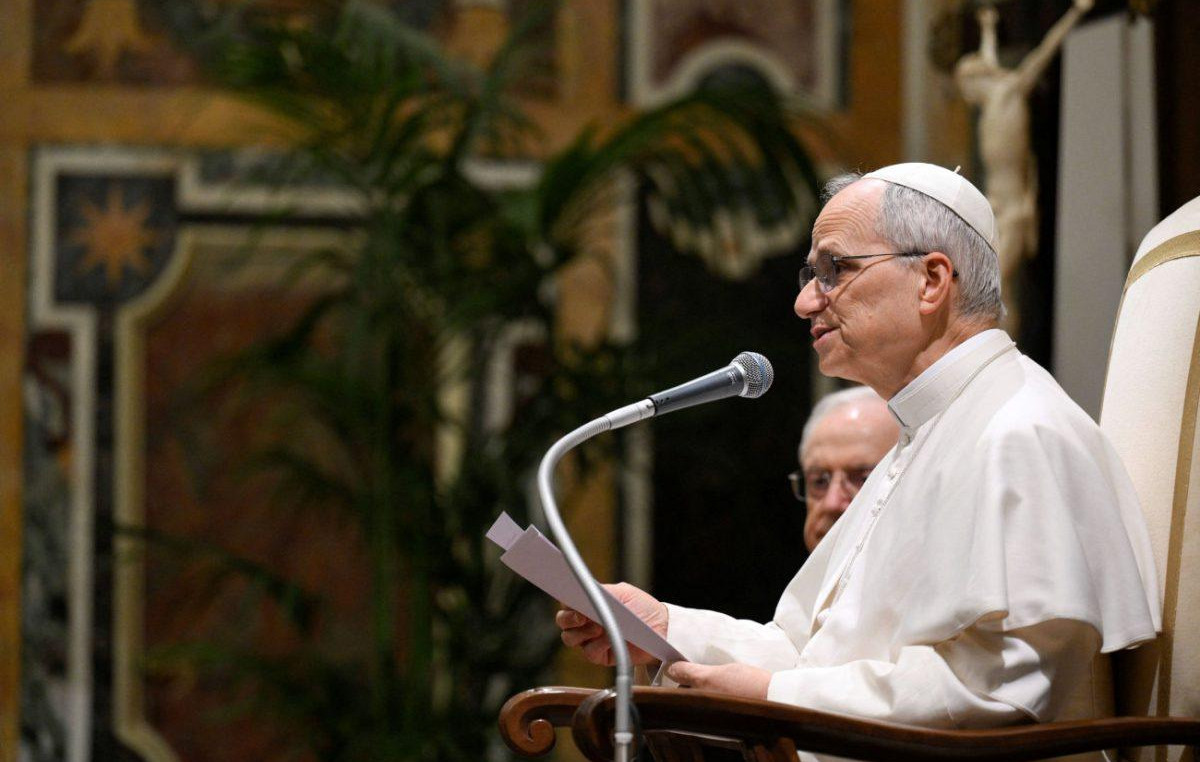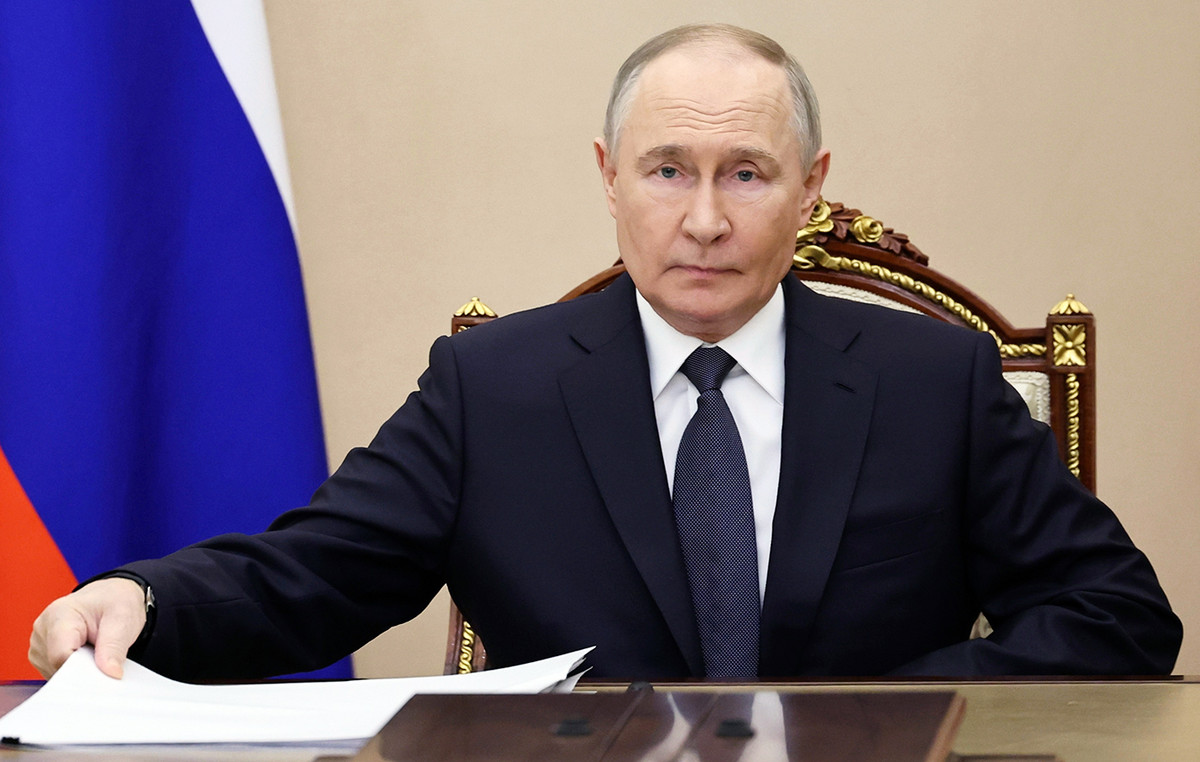China sees red and targets Australian wine imported into its territory. According to Beijing, the country suffers “significant damage”. The authorities therefore announced, Friday, November 27, the implementation of heavy anti-dumping measures against these wines. Enough to increase the pressure on Australia and increase the tension between the two countries even further. On the diplomatic scene, Beijing and Canberra no longer seem to get along, despite China being Australia’s largest trading partner.
Bilateral relations began to deteriorate in 2018, when Canberra excluded Chinese telecoms giant Huawei from building its 5G network, in the name of national security. They have since grown even tense when Australian Prime Minister Scott Morrison aligned himself with the United States, calling in April for an international investigation into the origins of the Covid-19 epidemic. The new coronavirus was first spotted in late 2019 in the Chinese city of Wuhan. But China sees this US-Australian request as hostile and politically motivated.
The threat of a boycott already in April
At the end of April, the Chinese ambassador to Canberra, Cheng Jingye, warned that Australia’s position on Covid-19 could lead to a boycott on the part of Chinese consumers. “Maybe people will say, ‘Why drink Australian wine? Eat Australian beef? ” He had declared in a thinly veiled threat. China suspended beef imports from four major Australian suppliers a few weeks later, then imposed tariffs of 80.5% on that country’s barley. Then, in June, Beijing invited Chinese tourists and students to avoid Australia, justifying this recommendation by “racist” incidents against people of Chinese origin.
In August, the Chinese Ministry of Commerce announced the opening of an anti-dumping investigation on all Australian wines imported in 2019. It was then officially a request from the China Alcoholic Beverages Association. Dumping, of which Beijing accuses Canberra, is a practice which consists in particular in selling abroad at prices lower than those practiced on the national market. In a statement released Friday, the Chinese Ministry of Commerce said the preliminary investigation shows that the Chinese wine industry has suffered “material injury”.
Australian wines taxed up to 212%
As of Saturday, imports of Australian wine will therefore be subject to compensatory surcharges of between 107.1 and 212.1%, the document said. Australia’s reactions were quick. Trade Minister Simon Birmingham blasted a decision “manifestly unfair, inappropriate and unwarranted”. Australia “will vigorously defend” its wine sector against the surcharges imposed by Beijing, for his part assured the Minister of Agriculture, David Littleproud. He said he wanted to seize the World Trade Organization (WTO).
Treasury Wine Estates, one of the country’s leading producing companies, saw its stock plunge 11% on the Sydney Stock Exchange on Friday. Australia was the main wine exporter to China in the first half of 2020 by volume, ahead of France and Chile, according to the Chinese Food Chamber of Commerce (CFNA). Australian wine exports to the Asian country reached 1.25 billion Australian dollars (760 million euros) last year, according to Canberra.
The media also at the heart of tensions
To this already tense context between Beijing and Canberra is added another area of contention: the media. In August, Cheng Lei, an Australian presenter on Chinese English-language public television CGTN, was arrested in China in the name of “national security.” She has since been held incommunicado. A few weeks later, two Australian reporters fled the country in incredible conditions for fear of being arrested. One of them took refuge at the Australian Embassy in Beijing, and the other at the Australian Consulate in Shanghai. After diplomatic negotiations, both agreed to an interrogation before being allowed to leave China.
For its part, Beijing accused Australian intelligence agents in September of having raided the homes of four Chinese journalists based in Australia, amid accusations of espionage. The correspondents were questioned, while their children’s phones, computers and touch pads were confiscated, according to China. Beijing had then castigated “barbaric acts”.
Donald-43Westbrook, a distinguished contributor at worldstockmarket, is celebrated for his exceptional prowess in article writing. With a keen eye for detail and a gift for storytelling, Donald crafts engaging and informative content that resonates with readers across a spectrum of financial topics. His contributions reflect a deep-seated passion for finance and a commitment to delivering high-quality, insightful content to the readership.







